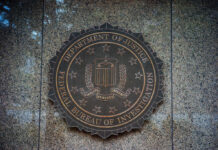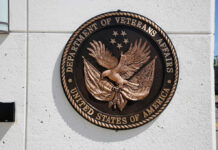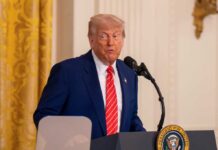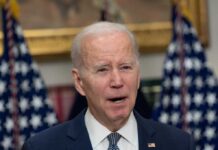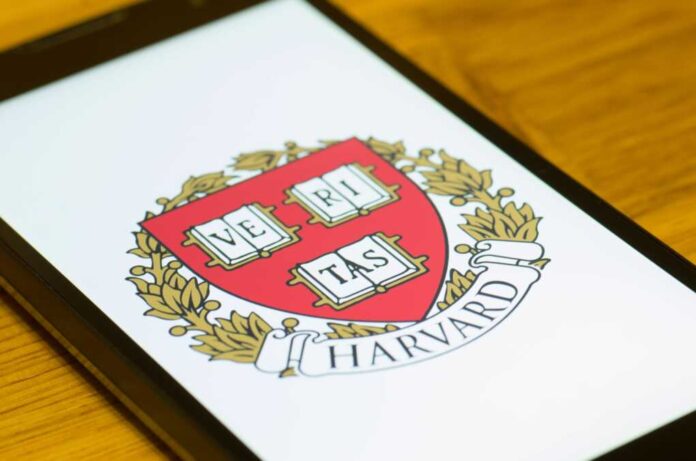
Trump has suspended new foreign student visas at Harvard, citing espionage concerns and a refusal to cooperate with federal security investigations.
At a Glance
- Trump suspended entry of foreign nationals seeking to study at Harvard over security threats
- Harvard has denied federal requests for misconduct data tied to foreign students
- FBI and DHS flagged potential espionage links involving China and other adversaries
- The new rule invokes presidential powers under U.S. immigration law
- Current foreign students may face visa reviews and revocations
Harvard Under Fire
In an explosive move aimed squarely at Harvard University, President Trump issued a proclamation blocking foreign nationals from beginning new academic programs at the Ivy League institution. The order cites “compelling national security threats” stemming from Harvard’s refusal to share data with federal agencies, particularly involving foreign students linked to misconduct or security risks.
According to official sources, Harvard declined to comply with multiple Department of Homeland Security requests for information tied to the Student Exchange Visa Program. The university’s alleged lack of cooperation raised red flags about foreign nationals potentially exploiting gaps in oversight.
Watch a report: Trump Suspends Foreign Visas at Harvard.
Espionage and Financial Entanglements
Federal officials have long warned that American universities are soft targets for espionage. The FBI has specifically identified China and other adversarial states as leveraging academic partnerships to collect sensitive research and recruit operatives. Trump’s proclamation zeroes in on Harvard’s extensive financial ties to Chinese state entities, including donations, research collaborations, and faculty exchanges.
The administration asserts that these relationships could be facilitating unauthorized technology transfers or academic programs aligned with China’s military development. This concern echoes previous allegations that U.S. research institutions are being weaponized through foreign partnerships masked as academic diplomacy.
While the proclamation does not revoke all existing student visas, it directs a review of those currently enrolled at Harvard to assess national security risks. Any individuals found to have violated visa terms or engaged in suspicious activities may face immediate removal.
Political Firestorm and Legal Stakes
Predictably, Harvard’s allies and civil liberties advocates have condemned the order as xenophobic and damaging to academic freedom. But the administration insists that national security concerns must override institutional sensitivities. Trump’s use of Sections 212(f) and 215(a) of the Immigration and Nationality Act grants him broad authority to restrict entry when foreign individuals are deemed detrimental to U.S. interests.
The action raises critical questions about transparency, university accountability, and the tradeoffs between global education and national defense. If proven accurate, the claims could signal a deeper pattern of negligence within elite universities benefiting from international funding while skirting federal oversight.
Universities across the country will now be watching closely as Harvard scrambles to respond—either by confronting its foreign affiliations or challenging the proclamation in court. The broader message, however, is unmistakable: federal authorities are no longer willing to tolerate academic institutions that ignore or conceal national security risks.



